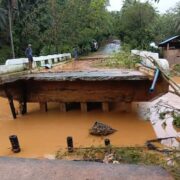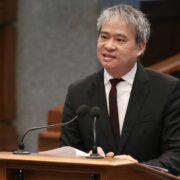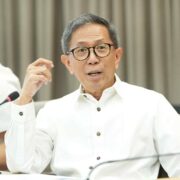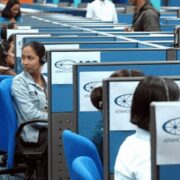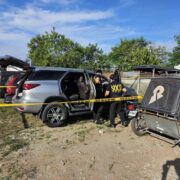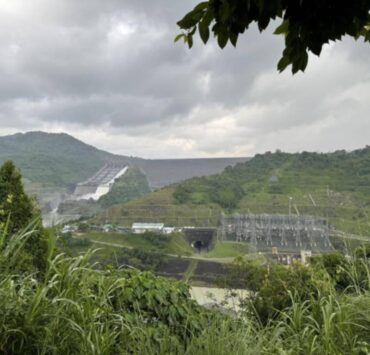Siquijor power operations at risk of gov’t takeover

The government is ready to take over power operations on Siquijor Island amid a persistent electricity crisis in the province that has attracted the attention and concern of President Marcos, according to top officials of the Department of Energy (DOE) and the National Electrification Administration (NEA).
During a post-State of the Nation Address (Sona) discussion on Wednesday, NEA Administrator Antonio Almeda said that “the state always has the police power to take over a public utility.”
“If there would be any contractual obligation, it should give way to the paramount interest of public welfare,” he said.
These remarks came as the President ordered the full restoration of electricity services on the island before 2025 ends.
The province in the Negros Island Region was earlier placed under a state of calamity due to frequent power interruptions.
Siquijor Island Power Corp. (Sipcor), a generation firm under the Villar group of companies, is the only power supplier of the Province of Siquijor Electric Cooperative Inc. (Prosielco), which distributes electricity across the province. The DOE earlier urged the electric cooperative to tap additional power providers to boost its supply.
Sipcor has a 20-year power supply agreement with Prosielco.
Residents and business establishments, especially those without generator sets, were left with no power source alternative when Sipcor failed to deliver electricity.
Demand
Almeda said the power woes should be blamed on the “poor management” of Sipcor.
“Sipcor’s major mistake here is what we call the N-1 (contingency). It should have had a reserve generator so that when their gensets undergo periodic maintenance, there’s another one that can run. But they didn’t have that,” he said.
Energy Secretary Sharon Garin also noted that the electricity demand on the island was around 8 to 9 megawatts, but the company could only deliver about 5 MW to 6 MW.
“Of course, it will cause blackouts. And now, it’s back to that same level again because something broke down again,” she said.
While the industry is privatized, the government can still step in, according to Garin.
Under Section 71 of the Electric Power Industry Reform Act (Republic Act No. 9136), Congress, upon the President’s determination of an imminent supply shortage, may authorize the “establishment of additional generating capacity under such terms and conditions as it may approve.”
Garin also said her agency asked the Department of Justice to check if Sipcor had committed violations in its supply agreement.




